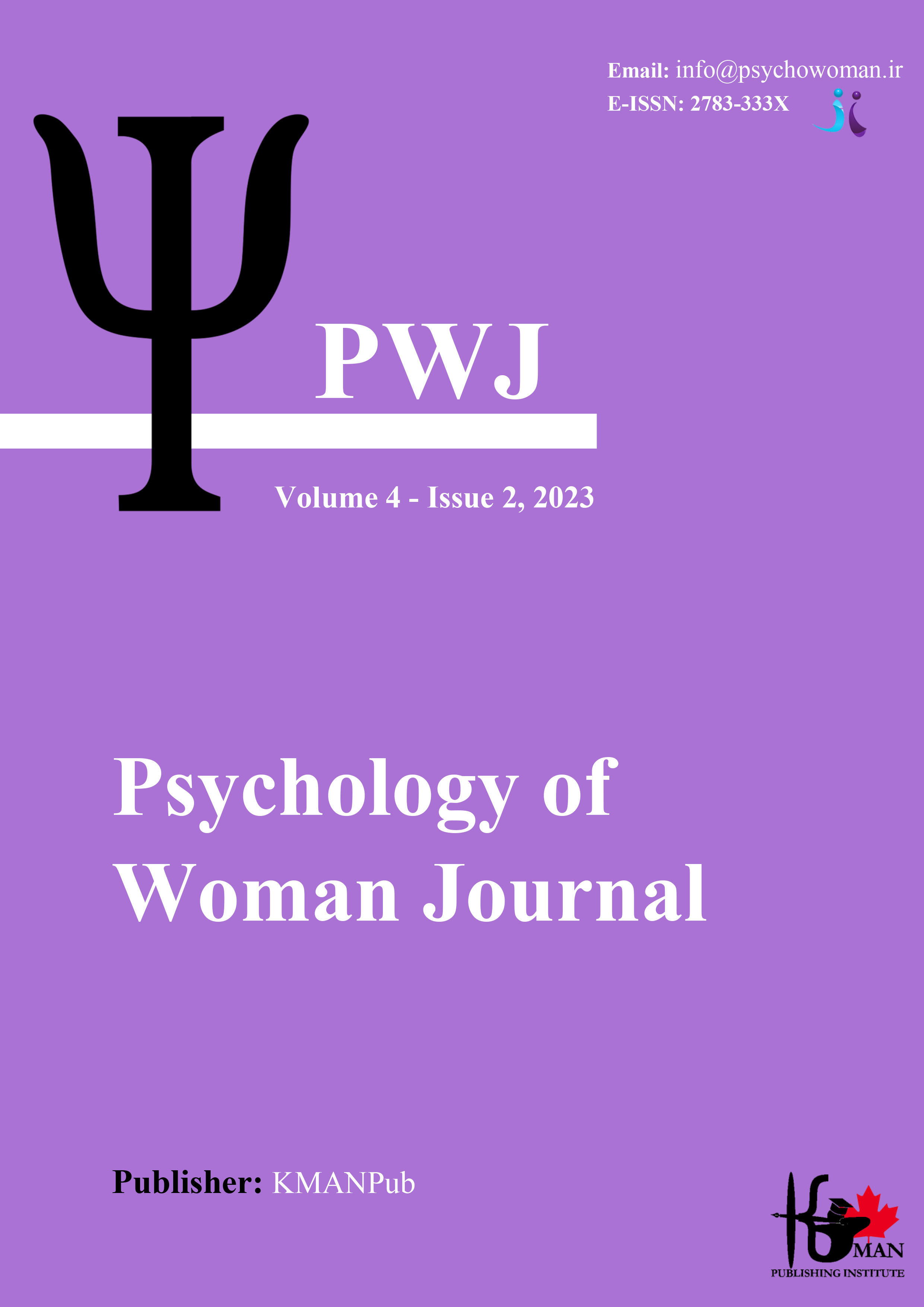The Effectiveness of Emotion-Focused Therapy on Rumination, Alexithymia, and Sleep Quality in Woman with Irritable Bowel Syndrome
Abstract
Aim and Background: Irritable bowel syndrome is related to chronic psychological factors; therefore, the aim of this study was to investigate the effectiveness of emotion-focused treatment on rumination, ataxia, and sleep quality in patients with irritable bowel syndrome.
Methods and Materials: The research method was semi-experimental, with a pre-test-post-test design with a control group and a three-month follow-up phase. Its statistical population included all women with irritable bowel syndrome who referred to government medical centers in Kerman city in 1400. For this purpose, according to the entry and exit criteria, 30 of them were selected using available sampling method and were replaced by random method in two experimental and control groups. At first, a pre-test was taken from both groups. Then, emotional therapy training was implemented for the experimental group and no intervention was done for the control group. Hoeksma and Maro rumination scale (1991), sleep quality questionnaire and Toronto Emotional Narrative Questionnaire were used to collect data. The research data were analyzed using mixed variance analysis.
Findings: The results showed that the mean rumination and alexithymia of the experimental group in the post-test and follow-up stages had a significant decrease compared to the pre-test stage. In addition, the difference between the post-test and follow-up phase is not significant; Also, the average sleep disorder of the experimental group has decreased significantly in the post-test and follow-up stages compared to the pre-test stage. The difference between the post-test and follow-up phase was significant, which indicates a significant increase in sleep disorder in the follow-up phase compared to the post-test phase.
Conclusions: According to the findings of the research, it can be said that emotional therapy can have a significant effect on the research variables, and the effect of the treatment was also significant in the follow-up period, especially for sleep disorders; However, the treatment effect was reserved for two other variables in the follow-up period.
Downloads
Downloads
Additional Files
Published
Issue
Section
License
Copyright (c) 2023 Maryam Dana , Farnaz Keshavarzi Arshadi, Fariba Hassani , Parvaneh Mohammadkhani (Author)

This work is licensed under a Creative Commons Attribution-NonCommercial 4.0 International License.

















